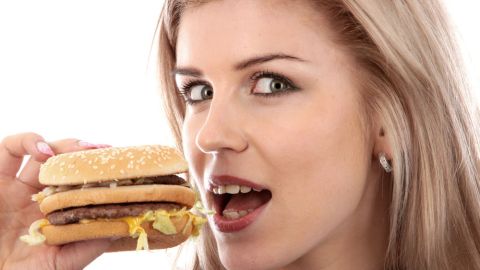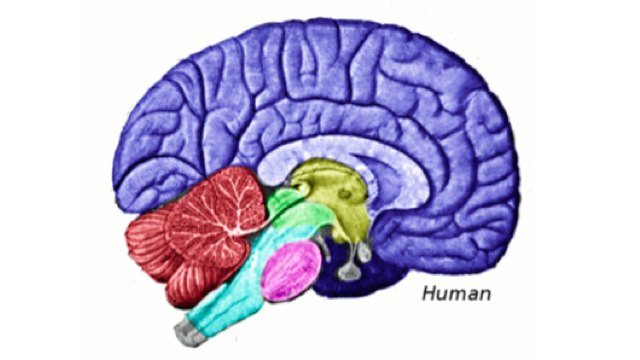Let Them Eat Cake. And Quarter Pounders with Cheese.

Food is becoming increasingly politicized in America.
Michelle Obama schooled us with her organic garden. And the candidates for the Republican presidential nomination schooled us by eating a stick of fried butter at the Ames Straw Poll. With so much food-symbolism getting slung around, who can keep track?
New Yorkers no longer have to, thanks to regulations from NYC mayor Michael Bloomberg. (Just after announcing the planned ban of super-sized sodas in NYC, Bloomberg draw criticism for cheerfully presiding over the famous Fourth of July hot dog eating contest at Coney Island.)
Boris Johnson, mayor of London, says he understands where Bloomberg is coming from, but does not see fit to implement similar policies in his city. But the 2012 London Olympics have their created their own food-related uproar: McDonalds, a sponsor of the Games, has use their clout to ban any other vendors from selling french fries (unless they come with fish and are referred to as “chips”).
Meanwhile, part of the reason the landmark 5-4 decision by The Supreme Court to uphold the Affordable Care Act was so close and unpredictable was conservatives’ receptive response to the “Broccoli arguments” made in the case against the ACA bill.
When and why did food news move from the health section to the politics section of the newspaper? Is this really the sort of thing we have in mind when we elect our representatives?
Without taking a full-on libertarian stand that requires commitments to other policies according to libertarian values, I think that there is good reason to tell our elected officials to get their hands off our menus and out of our refrigerators.
First of all, the attempts to make meaningful change are a bit too weak in terms of actually transforming behavior. In a land where you can, by my highly unscientific estimation, feed a family on a single appetizer of quesadillas from Ruby Tuesday, and get more pastrami on a sandwich at a New York deli than you can shake a stick of deep-fried butter at, people are going to overeat and choose fatty or processed or salty foods. Sure, banning trans fats at restaurants would afford a slight improvement to public health, but Americans eat mostly at home, and we’re not even sure we’re behind the restaurant ban.
The heart of the issue is this: I may want to have a president who I could have a beer with, but what do I care if its a craft brewed IPA or a Budweiser? The president may not want to have dinner with me (unless I shell out $38,500), but what does he care if I prepare organic chicken breast with hummus and a kale salad or if I pick up a KFC Double Down? “Nanny state” used to be a phrase that paranoid people screamed about seatbelt-wearing. Now, with the state actually trying to tell us not to eat junk food, it seems less than metaphorical.
It’s as if legislators are saying: “Who are these people that we are trying to protect who eat candy bars and drink Big Gulps without knowing that they are bad for them?” If we aren’t trying to protect people from coercion or from making decisions for themselves based on misinformation, then why are we trying to control what people put in their faces? (Hat tip to Louis C.K. for that brilliant phrasing.)
Society shouldn’t be guided by the principle that the government should stay out of everything, but food is genuinely personal enough and self-governing enough that it can be left alone. If I want to drink a soda that weighs more than a newborn child, let me. If vendors at an international sports competition designed to promote peace and shared culture across the world happen to want to cut potatoes into sticks and put them in hot oil, let them. This is getting ridiculous.
Image courtesy of Shutterstock/ Richard M Lee.





